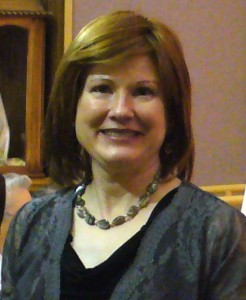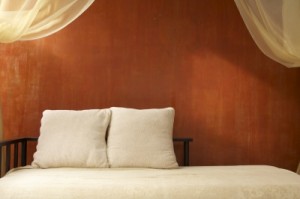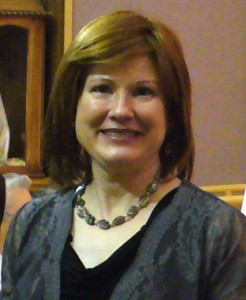 A recent news story about a waiter who refused to serve customers who made derogatory comments about a special needs child in a restaurant really hit home for me. How unusual – and refreshing – that an able-bodied person unrelated to the child stood up for him! And how many more stories there are like that in our world that go untold. Truly, there are very good people who do and say the right thing in the face of prejudice, and to them, I say, “Bravo! Brava! Thank you!” And yet…
A recent news story about a waiter who refused to serve customers who made derogatory comments about a special needs child in a restaurant really hit home for me. How unusual – and refreshing – that an able-bodied person unrelated to the child stood up for him! And how many more stories there are like that in our world that go untold. Truly, there are very good people who do and say the right thing in the face of prejudice, and to them, I say, “Bravo! Brava! Thank you!” And yet…
Sometimes, we’re on our own (well, not really, because God is with us, but physically, we might be by ourselves when incidents occur). We would like to think we live in a new age, where tolerance toward everyone abounds, but sadly, prejudice toward people with disabilities continues. Because of that, each of us with serious illness, pain, or other health challenges needs to develop coping mechanisms so that when those stinging comments, stares, or other offensive gestures or words hit us, we won’t be beaten down by them.
I remember vividly the time I parked in a handicap parking spot at a public park. A woman walked by as I got out of the car. She stared at me, then walked on. Then, several steps away, she stopped and stared again. I began to walk in her direction. She took a step or two, then stopped and stared at me. I paused, thinking perhaps that she was someone I should know. But instead of greeting me, she gave me a very stern look and said, “I’m looking for the disability.”
Huh?
I replied, “What?”
She repeated, “I’m looking for the disability. You parked in a space for handicapped people, and you don’t look handicapped to me.”
Oh, dear.
If you live with an invisible disability, this is probably something you’ve experienced, too. We lupies usually look perfectly healthy, but the opposite is true. Faced with this woman’s skepticism, I felt frustrated and angry. I also did not feel like going through my entire medical history with a complete stranger. So I mentioned something about perhaps not looking so healthy if I took my wig off…and then tried to get across the point that not all “handicaps” are visible, but they are just as valid as those that are. (Perhaps not one of my more eloquent moments, but well, we all have ‘low’ days.)
I’ve experienced other instances of this kind of thing before and probably will many more times to come. By trying to use the situations as opportunities to educate, I hope to take the emphasis off of “poor me and nasty you” to “maybe you didn’t know this before…” Yes, I still get frustrated and angry, especially if someone refuses to believe that unseen disabilities exist. And there are situations that defy common courtesy to such a huge degree that they require bringing in a stronger advocate or expert to resolve the situation. But in every case, I pray for those who do not understand as much as I pray for those who live daily with physical or emotional challenges. God can turn the stoniest heart into one of compassion and acceptance, and by opening up in prayer, we invite His healing to take hold.
Blessings for the day,
Maureen

